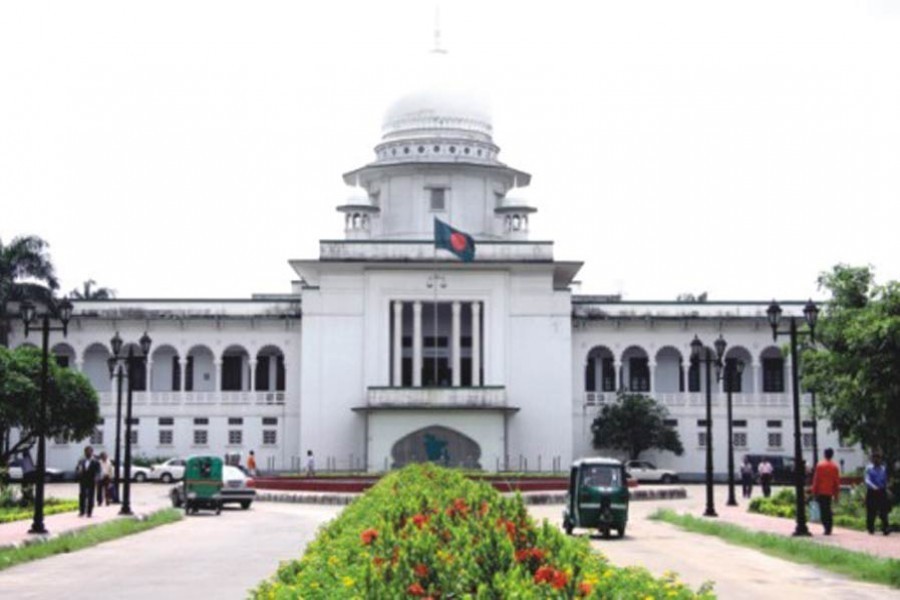
Published :
Updated :

The Supreme Court Special Committee for Judicial Reforms has laid out a set of guidelines for judicial officials on using social media.
They have been asked to shun social media during office hours (9:30am-4:30pm) and follow eight directives and avoid doing 11 things while using social media platforms.
The Supreme Court issued a circular on Sunday to this end, reports UNB.
Violation of these directives will be treated as ‘misconduct’ and in that case ‘Bangladesh Judicial Service (Discipline) Rules, 2017’ and others laws will be applicable, the SC warned.
The committee observed that an excessive use of social media leads to a sort of addiction which, in turn, negatively affects personal and professional life.
Things to follow:
- Be careful while selecting writings, pictures, audio and videos for publishing them on social media.
- Not sharing unnecessary or unimportant status or post, and ensuring authenticity and reliability of information to be published.
- Be very careful and judgmental while exchanging and publishing personal and family information.
- Possibility of a portal or group for judiciary officials for exchanging under-trial issues, academic discussion on legal issues except personal things.
- Abide by state rules and act with responsibility while using social media.
- Careful about choosing friends.
- Careful about exchanging information on social media.
- Do not to accept friend request from persons related to trial or cases.
Eleven things to be avoided:
Supreme Court Special Committee for Judicial Reforms directs judicial officials to avoid mandatorily eleven things while using social media.
- Remain away from expressing or publishing information, comments or feelings against national unity and spirit.
- Comments that might hurt religious sentiments.
- Information related to political ideology
- Information that discriminates and humiliates any community, any individual, institution and the state.
- Avoid gender-discriminatory information or feelings, information.
- Comments that may create public annoyance and unpleasant attitude.
- Personal feelings related to any trial and over any decision taken by controlling and proper authorities.
- Refrain from sharing images or video clips of justices of the Supreme Court
- Avoid sharing, publishing and tagging others in irrelevant, unnecessary, humiliating and anti-ethical status, post, link and picture.


 For all latest news, follow The Financial Express Google News channel.
For all latest news, follow The Financial Express Google News channel.